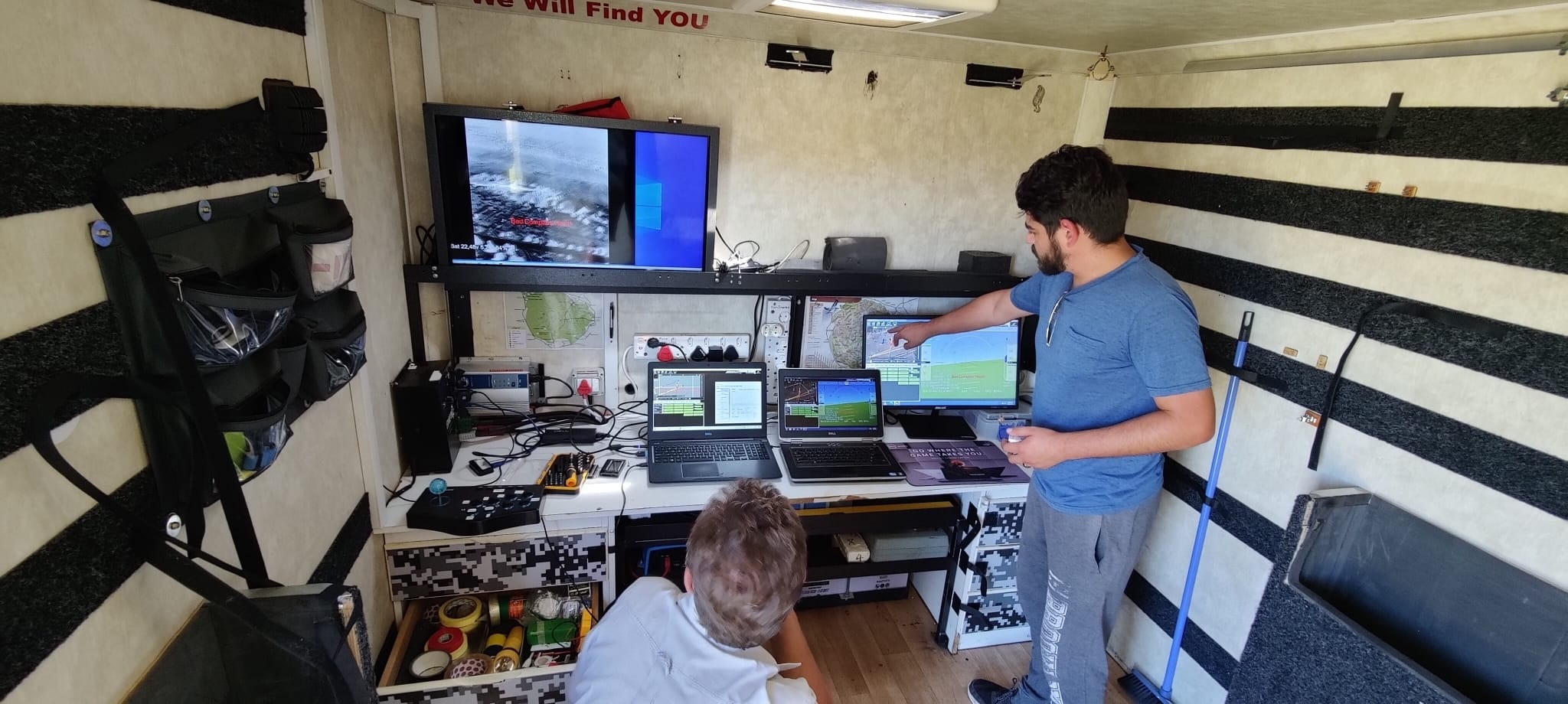
AI for Wildlife Challenge 1
Using AI to help protect wildlife in South Africa. Developing an edge-ready computer vision model to detect poachers on thermal video streams on a fixed wing drone.
Premium participation: Get 1-on-1 Mentoring & Guidance
Try a free mentoring sessionApplying AI to stop wildlife poaching
Challenge completed. Watch the recording of the AI for Wildlife 1 final results presentations to discover that the teams came up with:
About the Challenge
To fight the rise of poaching in South African wildlife reserves, rangers form SPOTS – Strategic Protection of Threatened Species are searching for poachers with fixed wing drones. There are a couple of problems they are encountering. Specialized personnel is needed to operate the drones, flying them is expensive and viewing the thermal camera video feed and detecting objects by humans is exhausting and is prone to errors.
SPOTS partnered up with FruitPunch AI to help the rangers automate the detection of poachers on the thermal video feed of their wildlife protection drone with the help of machine learning. The challenge will address the entire process from data sourcing and enrichment, model training, data pipeline processing to its full implementation on edge hardware installed on the drone.
Info session
Our challenge partner

GOAL: Build an autonomous, fixed-wing drone detecting poachers in the wildlife reserves of South Africa
In the 10 weeks of the challenge we will focus on:
- Detecting human beings on thermal-image camera
- Autonomous landing under non-ideal conditions
- Fully autonomous flight & detection based on flying route input
Did you know
✈ Drones are the best anti-poaching method because they:
- Can cover huge swaths of land during the night
- Increase transparency in a dangerous situation, allowing for non-violent interventions & decreasing the opportunity for corruption
- Act as a deterrence without putting rangers in harm’s way
Timeline
Application Deadline: 5 March 2021
Final Presentations: 5 July 2021

